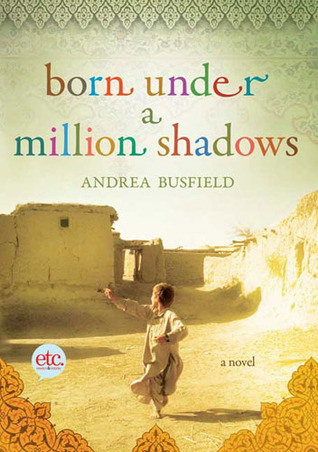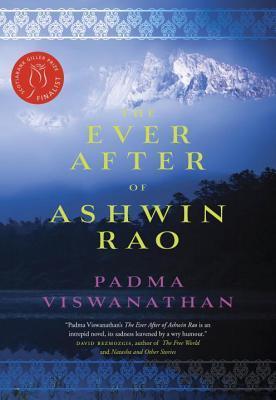
Burnt Shadows
Book Description
When the shadows of war stretch across borders and lives intertwine in the wake of devastating choices, love becomes both a refuge and a weapon. Kamila Shamsie’s 'Burnt Shadows' masterfully weaves a tapestry of fate, loss, and resilience, spinning the narrative from the ashes of Hiroshima to the turmoil of post-9/11 America. As characters grapple with their tangled identities, old wounds surface amid the relentless tide of history. Relationships are tested, secrets unearthed, and the quest for belonging propels them toward a reckoning. Will they rise from the ashes, or will the shadows consume them?
Quick Book Summary
"Burnt Shadows" by Kamila Shamsie traces the interwoven lives of its characters across continents and generations, shaped by the force of global conflicts. Starting in Nagasaki during World War II, the story follows Hiroko Tanaka, a survivor of the atomic bombing, as she seeks solace and reinvention in newly-partitioned India and later Pakistan. Connections forged amidst historical catastrophes—the Partition of India, the rise of Pakistan, the Soviet invasion of Afghanistan, and the post-9/11 era—affect every aspect of the characters’ lives. Shamsie explores themes of identity, displacement, and the long shadows cast by war and loss. The novel's sweeping narrative interrogates how personal histories are inextricably linked to the tides of global events, posing profound questions about forgiveness, belonging, and the cost of survival.
Summary of Key Ideas
Table of Contents
The Enduring Trauma of War
Hiroko Tanaka’s life is irreversibly altered when the atomic bomb obliterates Nagasaki, leaving her scarred both physically and emotionally. Seeking healing, she travels to Delhi, carrying the memory of her lost love, Konrad Weiss. There, she becomes entwined with the Burton family, particularly with Elizabeth and her brother James. The connection between these vastly different families is cemented by shared grief and the circumstances of impending Partition. These early bonds establish the pattern of interconnectedness and migration that define the novel.
Intersecting Histories and Identities
The novel explores the seismic impact of the 1947 Partition of India, which forcibly separates families and redefines nations. Hiroko marries Sajjad Ashraf, the Burtons’ clerk, and the couple settles in Karachi, Pakistan. Here, identities blur and new alliances are forged in the aftermath of colonization and the birth of a new nation. The move to Pakistan brings its own share of tragedy and adaptation as Hiroko navigates the complexities of a society marked by both hospitality and suspicion, challenging her sense of belonging.
Migration, Displacement, and Belonging
As decades pass, history repeats its cycles of violence and political strife. Sajjad and Hiroko’s son, Raza, becomes accidentally entangled in the anti-Soviet resistance in Afghanistan in the 1980s, manipulated by the machinations of figures like Harry Burton—a descendant of the family Hiroko first met in India. Raza’s journey mirrors the larger conflicts raging in the region, highlighting the personal costs of geopolitics. The inherited legacies of previous generations become inescapable, shaping choices and allegiances.
The Complexity of Love and Loyalty
Post-9/11 tensions reach a climax as the narrative shifts to the United States and Afghanistan, where Raza is drawn into the fraught world of counterterrorism. Trust and betrayal play out on an international stage, reflecting how individuals are often swept up in the wake of history’s violent undertows. Old wounds resurface as the characters are forced to confront the lines drawn by politics, race, and ideology. The bonds between the descendants of the Burtons and Hiroko’s family are tested as past secrets threaten to unravel their futures.
The Unintended Consequences of History
Throughout "Burnt Shadows," Shamsie reflects on the resilience required to survive and adapt amid endless cycles of displacement and conflict. Love, both romantic and familial, becomes a source of strength and vulnerability. The novel compels readers to consider the enduring traumas left by war, the shifting grounds of identity, and the subtle ways lives intersect across time and cultures. Ultimately, it is a testament to the human drive to search for home and connection even as the world fractures around them.
Download This Summary
Get a free PDF of this summary instantly — no email required.





